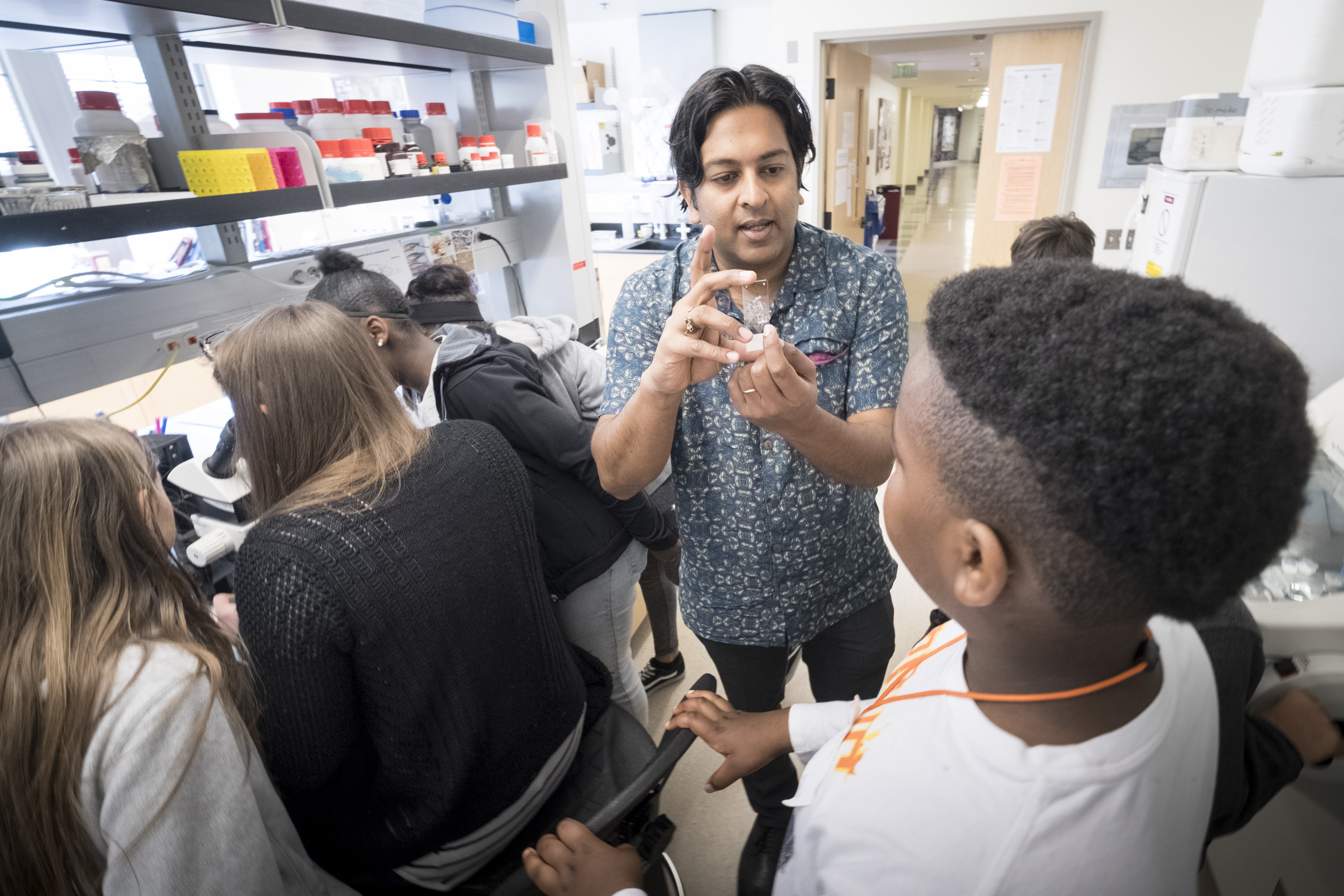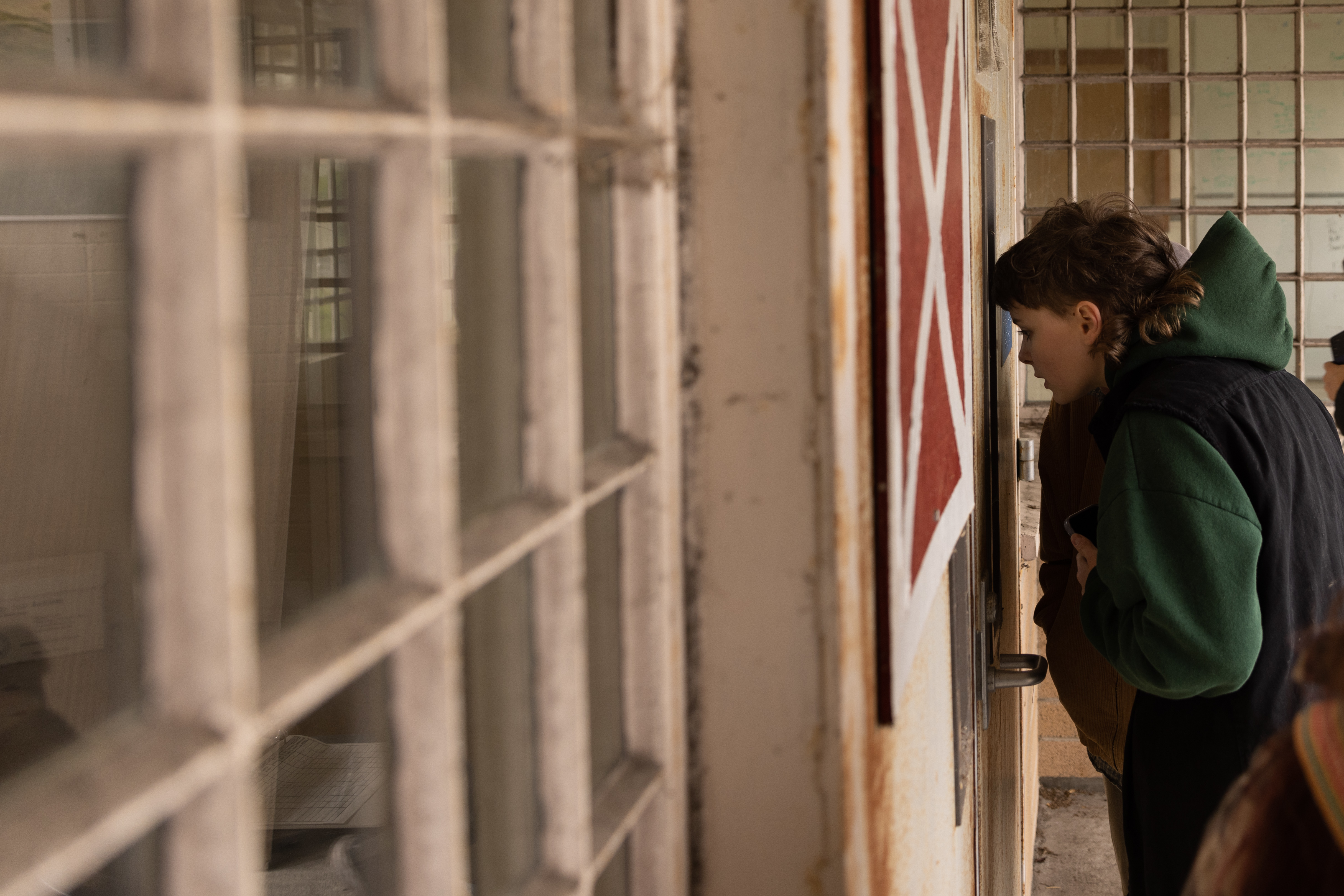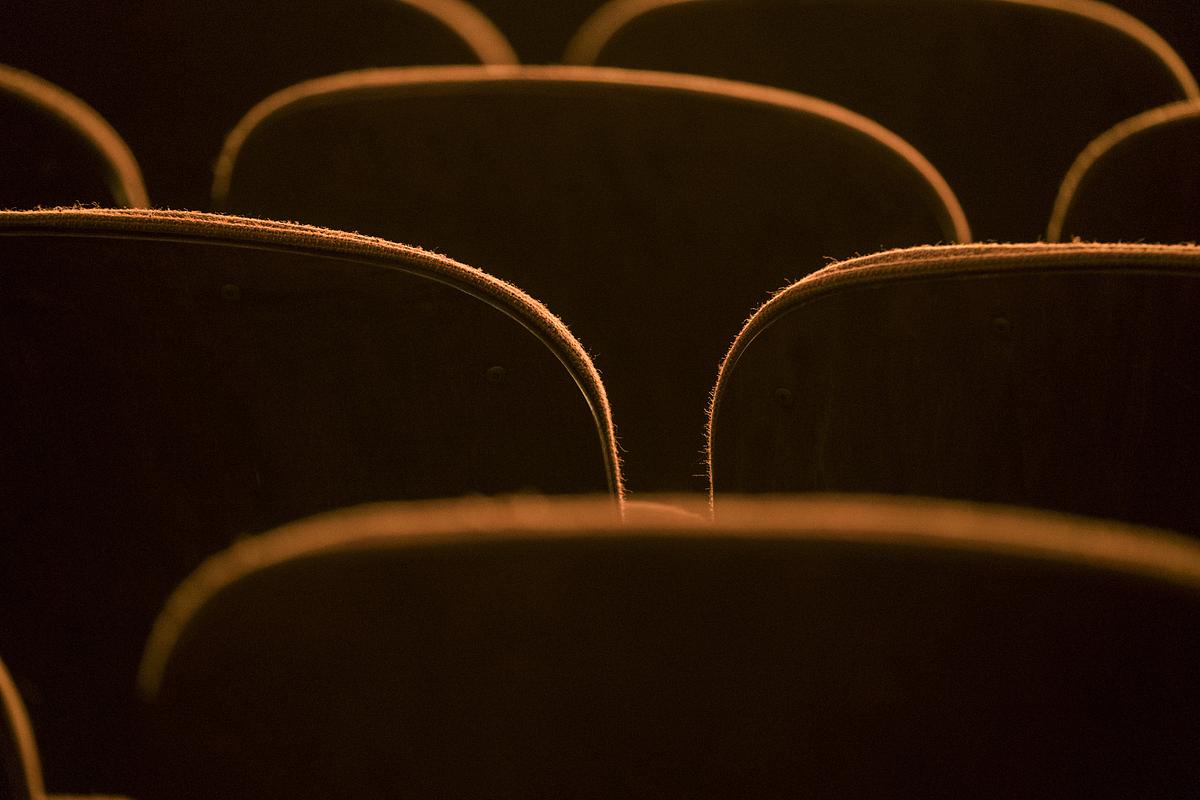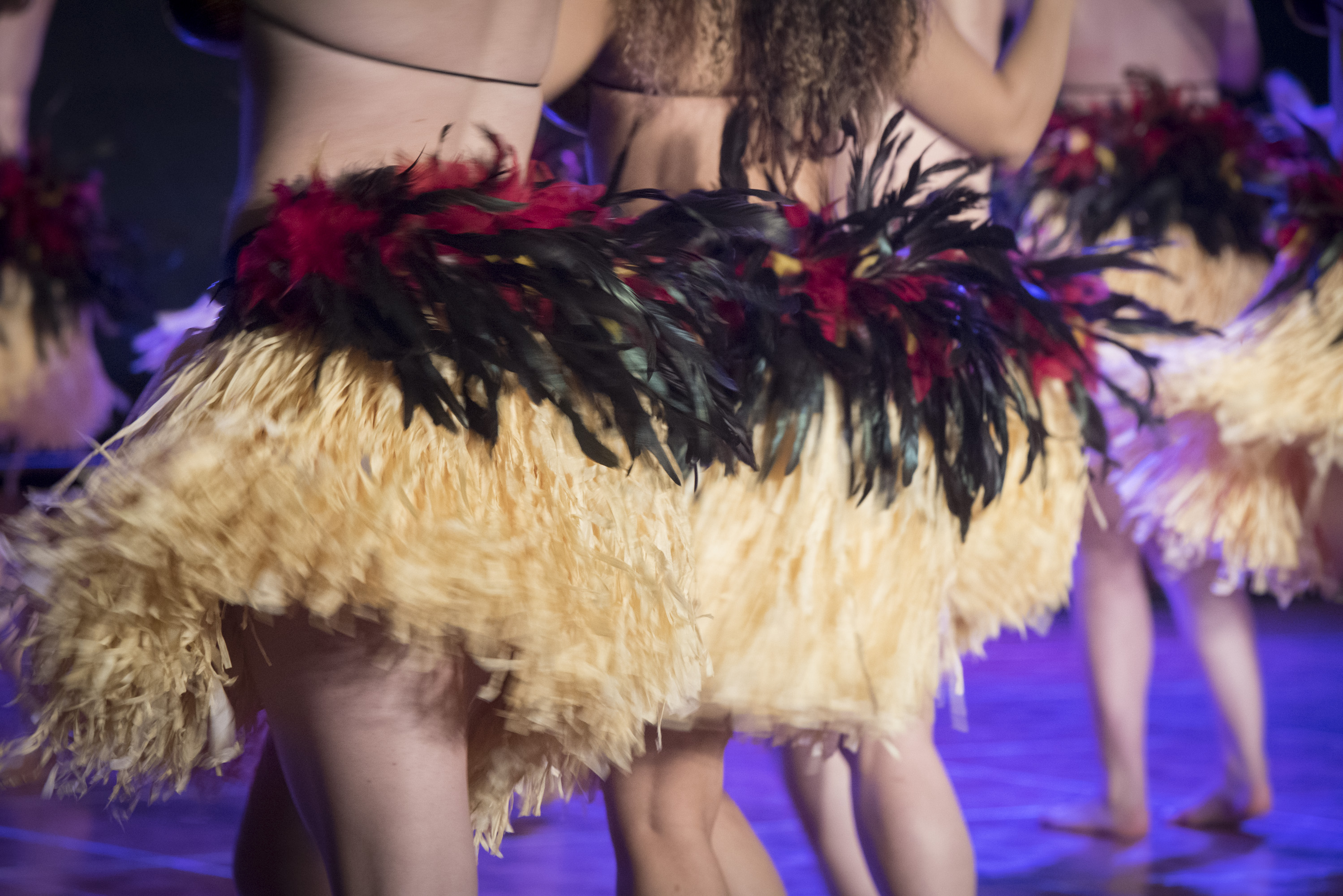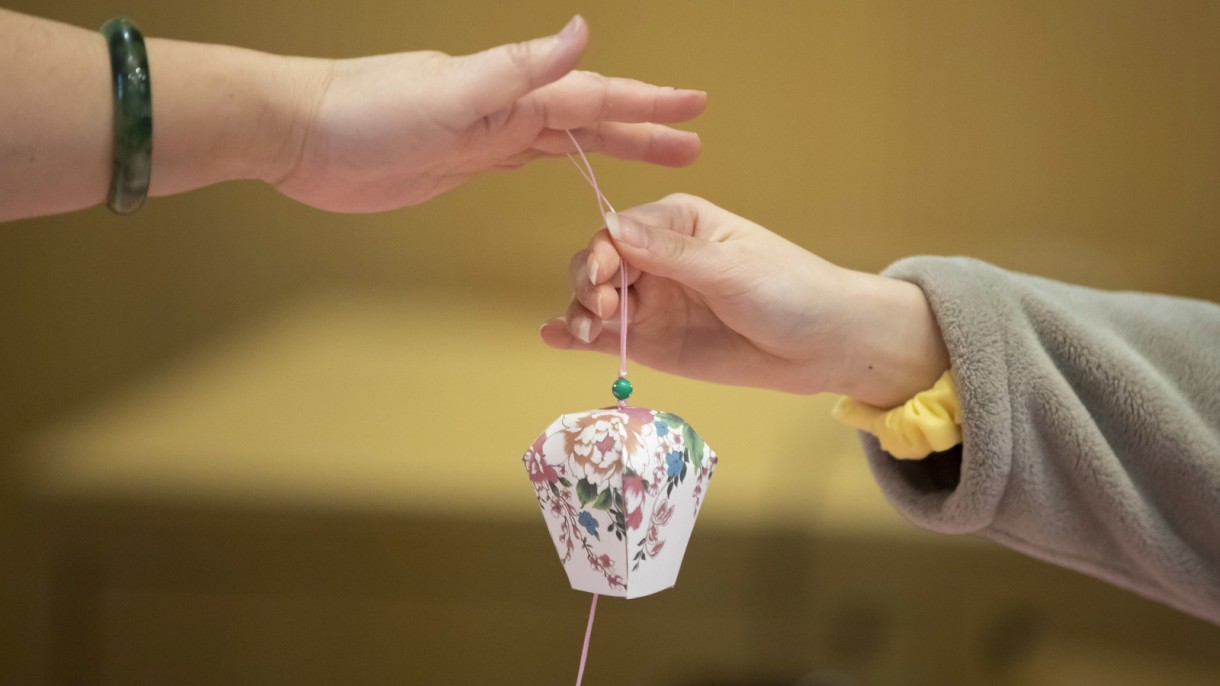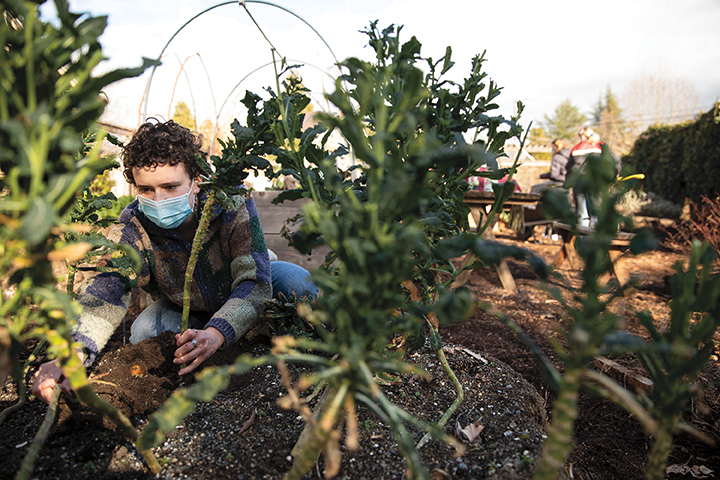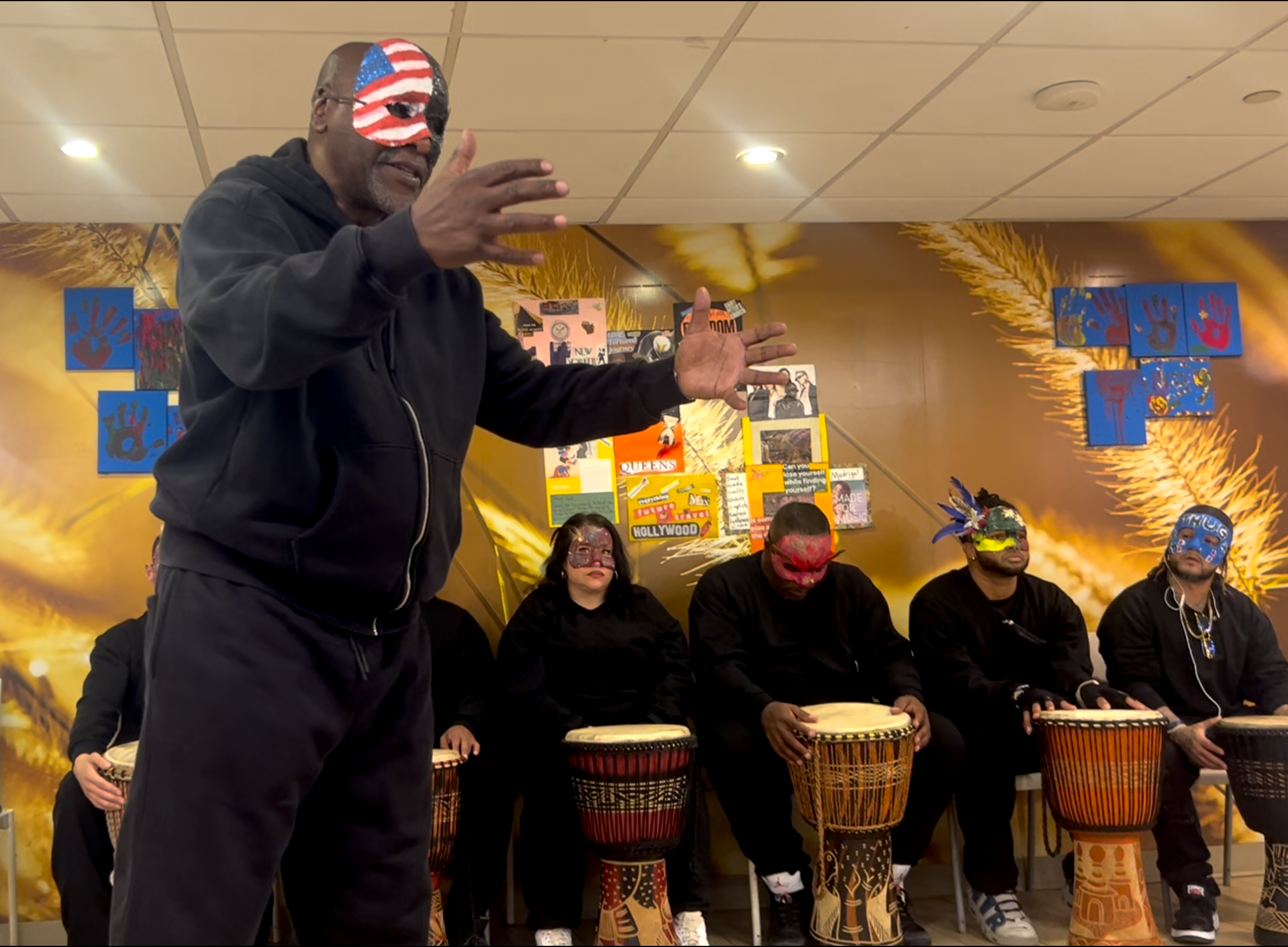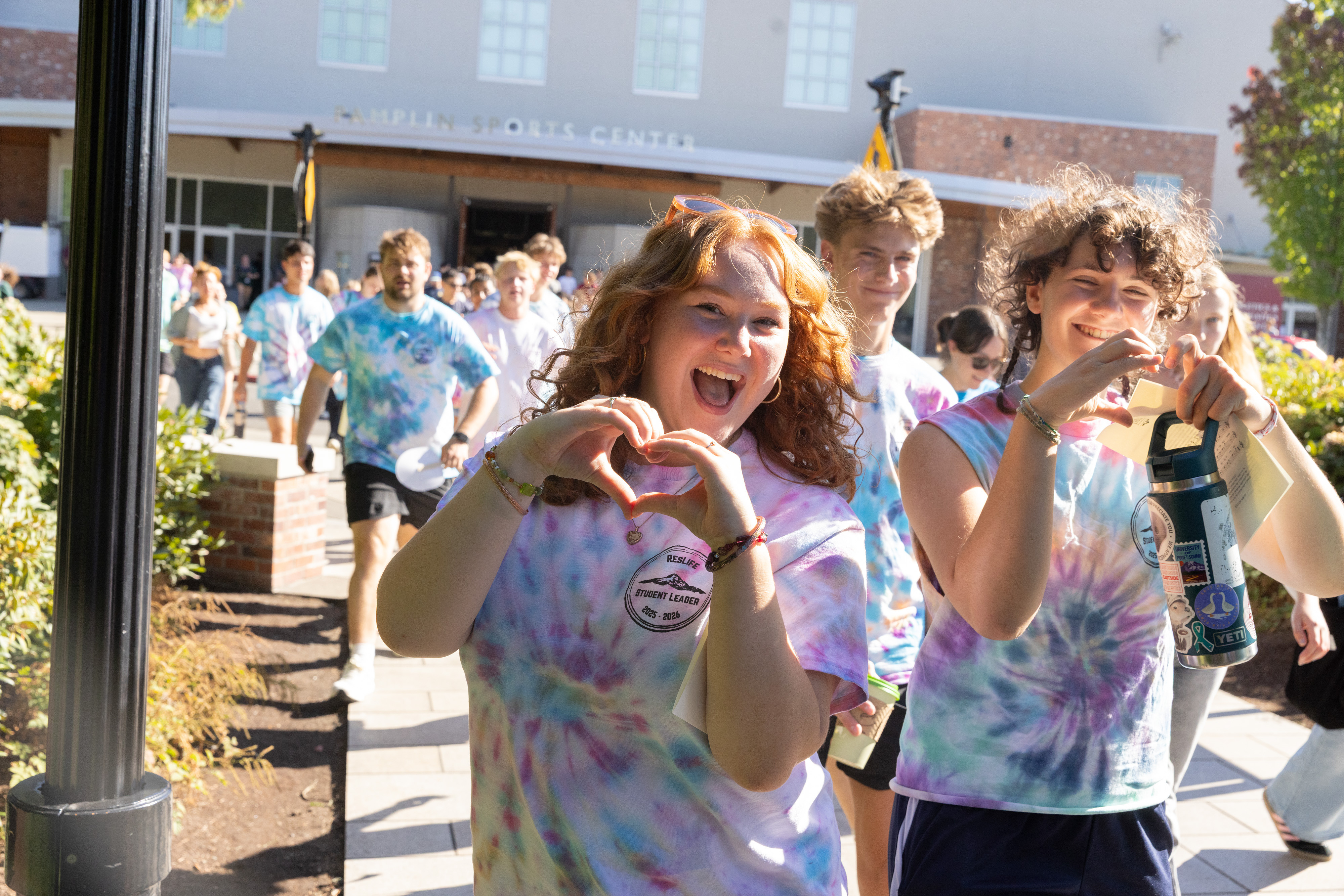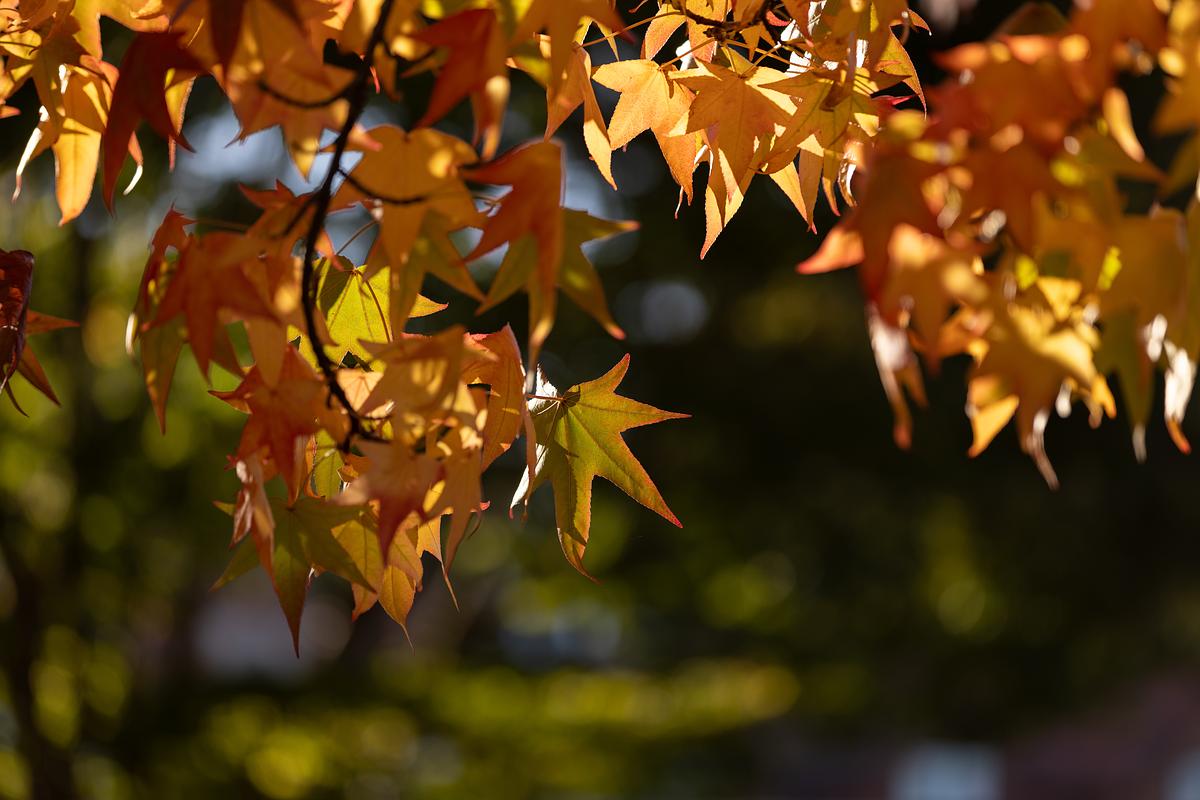What a fish brain can teach local fifth-graders about college
Under the microscope in neuroscience professor Siddharth Ramakrishnan’s lab, the tiny heart of a Japanese rice fish embryo was beating.
And the group of fifth-grade visitors from Tacoma’s McCarver Elementary School had questions. “When will they be born?” one student asked. “How long does it take for them to grow up?” asked another.
They will hatch in three days, Siddharth answered before explaining that they will be fully grown in three months. “Now let’s take a look at a fish brain,” he said, placing the embryos back in the incubator and grabbing scissors and forceps from a drawer. The dissection sent the students into a frenzy.
This scene was part of “McCarver Day”—an annual campus visit by 60 fifth-grade students from McCarver that is one aspect of a larger educational exchange with the University of Puget Sound. Now in its ninth year, the program was created by professors Amy Ryken and Monica DeHart in collaboration with McCarver teachers and professors at the University of Washington, Tacoma. The goal of McCarver Day is to create a visible pathway to college for kids from Tacoma’s historically underserved Hilltop neighborhood.

I hope they [retain] a sense of curiosity and inquiry about the world around them, and are kept excited about science and research."
– Siddharth Ramakrishnan
It was a day of exploration for the fifth-graders, who are already immersed in a curriculum centered on developing natural curiosity and fostering open-mindedness. In 2015, McCarver became one of only 12 elementary schools in Washington to offer the International Baccalaureate Primary Years Programme, a rigorous inquiry-based curriculum that emphasizes understanding world connections and solving real-life problems.

Apart from offering the kids a closer look at the athletics center, Collins Library, and Thompson Hall science labs—complete with fish brain dissection—the cornerstone of McCarver Day is the culmination of the students’ IB research projects, which were displayed on neon trifold poster boards in Puget Sound’s Tahoma Room. The fifth-graders had been asked to choose a research topic close to their hearts, and throughout the year, they worked with Puget Sound students to tackle topics like football, animal cruelty, racism, and more. On McCarver Day, the “littles” got to receive one last round of feedback from their Puget Sound “bigs.”
“We use this opportunity to exchange not only about the posters, but the college student experience in general,” Monica DeHart said, as students from her anthropology class and Amy Ryken’s education class sat working at tables with the fifth-graders in the Tahoma Room.
For his part, Siddharth Ramakrishnan hopes that the time spent looking into microscopes, observing the animals, and sectioning brains in his lab “served as a teaser for greater things to come.”
“I hope they [retain] a sense of curiosity and inquiry about the world around them, and are kept excited about science and research,” he said.
